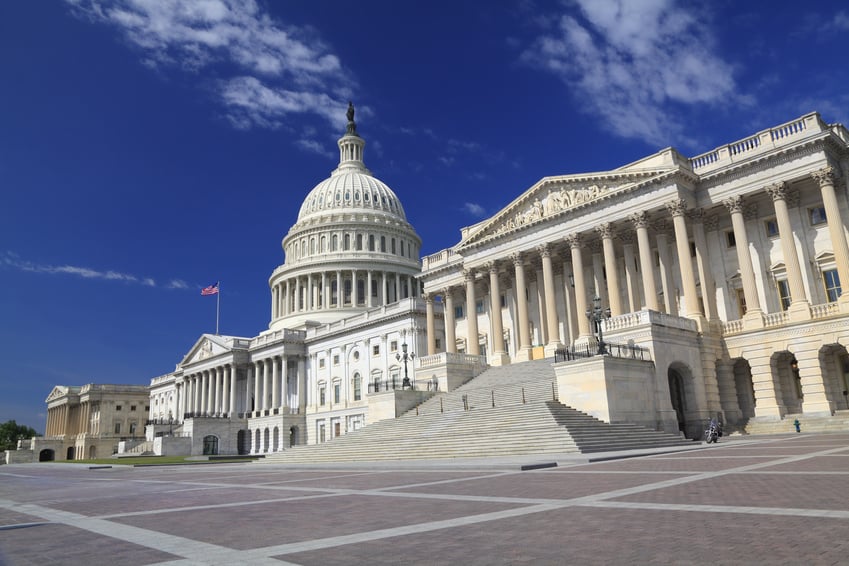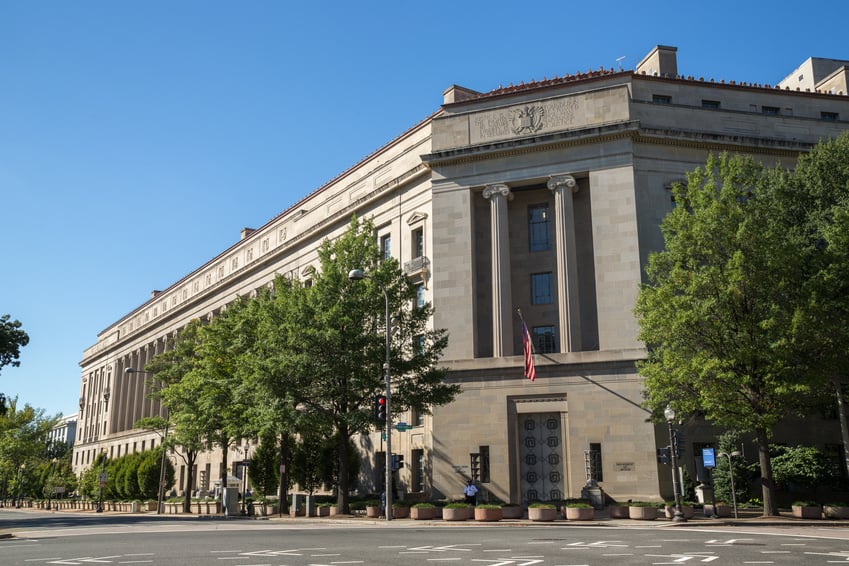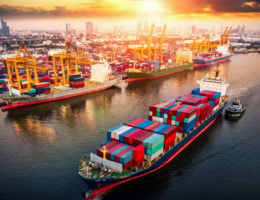On 9 November 2022, the US Department of Commerce revoked Russia’s market economy status for the purpose of US antidumping law. Russia’s re-designation as a non-market economy – an economy where prices are set by the government rather than through supply and demand – means that, in future antidumping cases, the DOC can use special dumping calculation methods that make it easier to impose antidumping duties, and to impose significantly higher duty rates, on imports from Russia.
On November 18, 2022, the US Department of Commerce (DOC) published a notice of a proposed change to its particular market situation (PMS) methodology.
Since the 2015 expansion of the DOC’s PMS authority, the DOC has been using the PMS methodology in the calculation of antidumping duty rates when it considers that there is a market distortion in the exporting country under investigation, such as the availability of low-priced energy, which reduces exporters’ costs of production.
On 14 September 2022, the EU Commission published its proposal for a regulation introducing a ban on the placing and making available on the EU market or export from the EU market of products made using forced labor. Following on from Commission President von der Leyen’s announcement of the proposed ban in her State of the Union Address last year, under the proposed regulation, products found to have been made using forced labor cannot be sold in, exported from or imported into the EU.
On 19 September 2022, the European Commission adopted a proposal that would give the EU sweeping new powers to address shortages and supply chain disruptions of crisis-relevant and strategic goods and services in times of crisis. The proposed Single Market Emergency Instrument (SMEI) is the latest in a series of EU measures that will impact supply chains, including new proposals for rules on foreign subsidies, corporate sustainability reporting and due diligence, carbon taxes, deforestation, and, most recently, a proposal to prohibit products made with forced labor from the EU internal market. Once adopted, the SMEI will impose far-reaching obligations on EU firms.



